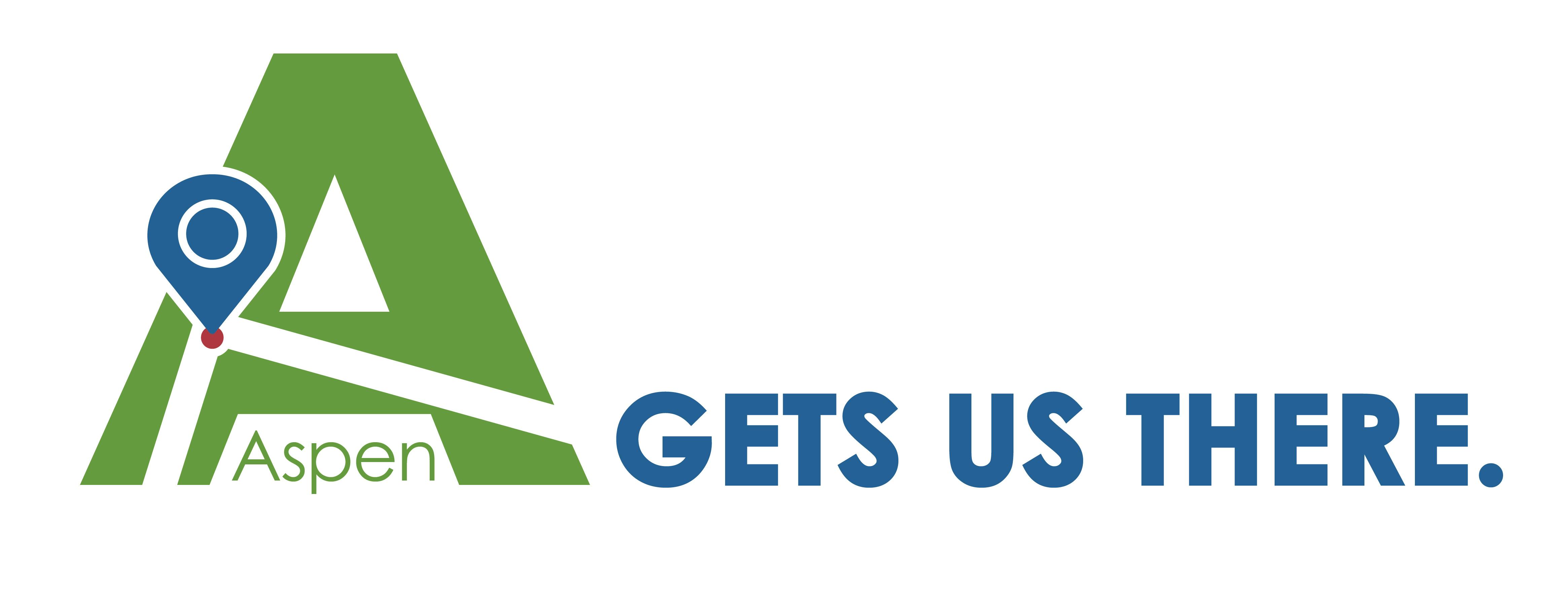Aspen Gets Us There
Consultation has concluded
Join us!
The city of Aspen's transportation department will be hosting a community open house on Wednesday, February 5, 2025, from 4-6 p.m.

Parking and Transportation that Gets Us There.
To A Healthier Aspen
To A More Sustainable Aspen
To A More Connected Aspen
To A More Equitable Aspen
To A Better Aspen.
The City of Aspen and its partners manage a parking and transportation system that helps us—Aspen’s residents, workforce, and visitors—get where we need to go. Beyond that objective, this system can help us reach our big and bold goals when employed correctly, from reducing traffic congestion, to improving air quality, to making our community healthier, happier, and more sustainable. Today, in service to our goals as a city and as a community, we’re taking an in-depth look at how our parking and transportation options, policies and practices can better support our continued excellence and innovation in mobility, community building and health, climate resiliency, and address global and local changes in how we get around. This initiative is known as the Comprehensive Parking and Transportation Plan, or simply 'Aspen Gets Us There'.
The public outreach for this initiative is currently concluded. In the April 1, 2024 City Council Work Session, Council directed staff to refine and vet strategies. Next steps will include developing an action plan to be brought back to Council for review. For future information on this initiative, please follow this project page.
Frequently Asked Questions
Why are we planning for parking and transportation together?
The City of Aspen considers parking and transportation to be two sides of the same coin, and the management of these systems is closely interrelated. For example, when transit systems are weak—like when there is limited bus frequency, few route options, or costs are too high—more people need to drive to their destinations, putting more pressure on parking facilities to meet demand. Conversely, when parking management is weak—like when costs are too low, or when there is too much available parking at every destination—it can encourage driving, leading to excessive vehicle congestion, decreased safety and harmful emissions. Thinking about these two systems comprehensively is not only generally understood as a best practice—it will also help us avoid the unintended consequences that happen when we place too much emphasis on one over the other, and will help us improve all the ways that the Aspen community gets around.
How is this different from other conversations we’ve already had about parking and transportation?
The City and regional partners like the Roaring Fork Transportation Authority have created other plans to advance our transportation options in recent years, like the Short-Range Transit/TDM Plan and RFTA Destination 2040. Additionally, the City has made regular updates to the parking system, like rate and policy changes. Now, the City has strategically chosen to consider parking and transportation together to maximize improvements for all Aspen community members regardless of what transportation choices they use, and to advance the City’s goals for climate action, reducing traffic congestion, supporting strong and healthy communities, and improving Aspen’s long-term sustainability.
What specific community goals will the Aspen Gets Us There project help advance?
With the Aspen Gets Us There project, the City acknowledges that we’ve set big, important goals as a community, and we need to take action to achieve them. The Aspen Gets Us There project will result in clear, tangible steps to help us reach key community goals and priorities, including:
• Reducing Traffic Congestion by making it more attractive to use transportation options other than single-occupancy vehicles.
• Reducing Greenhouse Gas Emissions by taking steps to demonstrably reduce vehicle miles travelled and the emissions that come from them.
• Supporting Community Building and Health by making travel for every community member—our residents, our workforce, our visitors, and more—to get where they need to go and access opportunities to live, work and play in Aspen.
• Supporting A Customer-Focused Government by centering meaningful and equitable access to transportation options and services for all.
How will my feedback be used in the Aspen Gets Us There project?
Parking and transportation are challenging issues. Like with many things in life, it is impossible to come up with a solution that every single person will be happy with. People have different perspectives on each issue based on how it impacts them personally. However, the work will center a robust community collaboration effort where we will commit to:
• Clarity: Clarity about what decisions and realities are set in stone, and what decisions the community has influence over.
• Equity: Prioritizing the voices of communities that will be the most heavily impacted by the decisions made, while making sure everyone has an opportunity to share feedback in the way that they can and want to—whether they have five minutes, an hour, or a day.
• Demonstrating Influence: Showing the community at regular intervals how their feedback, opinions and ideas shaped project outcomes. And, when we can’t address a major comment or issue, say why.
Share Your Voice
This project aims to improve parking and access options for the entire Aspen and Roaring Fork Community, today and in the future. Because of that, every person living, working, recreating, or using services in Aspen is a key partner in this effort. Share your feedback and have your say in shaping our future. Choose the way that works best for you. Use this platform to share your ideas and perspectives here, or input your email address to sign up for future workshops.
Past Outreach:
- The city of Aspen invited community members to participate in the Aspen Gets Us There community open house and pop-up event on April 2, 2024. Attendees engaged with city staff, transportation experts, and project partners to discuss current initiatives and provide feedback on proposed strategies
- The survey concluded in March, 2024 to present the findings during the April 1, 2024 City Council Work Session.

